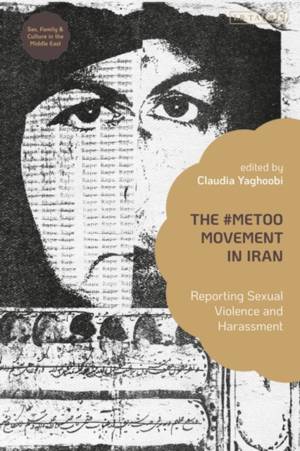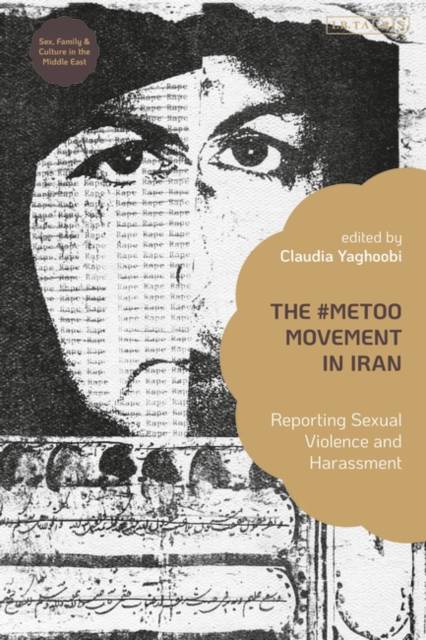
- Retrait gratuit dans votre magasin Club
- 7.000.000 titres dans notre catalogue
- Payer en toute sécurité
- Toujours un magasin près de chez vous
- Retrait gratuit dans votre magasin Club
- 7.000.0000 titres dans notre catalogue
- Payer en toute sécurité
- Toujours un magasin près de chez vous
The #MeToo Movement in Iran
Reporting Sexual Violence and Harassment
220,45 €
+ 440 points
Description
The volume includes a prologue, this introduction, ten chapters, and an afterword. Contextualizing the historical framework of Iranian MeToo activism within the larger Iranian feminist movements as well as the historical background within the context of the Middle East, the contributors address how the privileged position of men who have been outed as rapists, helps them to aggregate social, political, sexual, and economic capital through various networking to delegitimize the narratives of the survivors and in fact, to use their testimonies to their benefit. While Iran's #MeToo challenges the political economy of a capitalist society which re-produces systems of oppression such as sexual assault, one way this privileged position is considered as Iran's class-based system within the power hierarchies which allows men from the upper class of society to exploit those from more oppressed social groups. Within this complex web of power and privilege, the question of consent is significant. After discussion of the various confluences of positions of power and privilege in silencing the voices of the survivors to the assaulters' benefit in accumulating socioeconomic, sexual, and political capital, the volume also covers the intersections of various systems of oppression specifically highlighting marginalized voices such as the experiences of lesbian and the lesbophobe attacks within the online digital world. In these chapters, the contributors highlight the power dynamics within digital feminist networks in Iran with their unique attributes due to political, social, and religious structures. Many of these feminist networks have been selective in their support of the survivors which also speaks to the intersection of class and power leading to the inclusion of some and exclusion of others from the feminist discourses and support. The volume ends with a chapter focusing on cultural productions, specifically cinematic works, through which some filmmakers have challenged normalizations of sexual harassment by offering alternative discourses which have arguably paved the way for #MeTooIran.
Spécifications
Parties prenantes
- Editeur:
Contenu
- Nombre de pages :
- 320
- Langue:
- Anglais
- Collection :
Caractéristiques
- EAN:
- 9780755647255
- Date de parution :
- 21-09-23
- Format:
- Livre relié
- Format numérique:
- Genaaid
- Dimensions :
- 156 mm x 234 mm
- Poids :
- 621 g

Les avis
Nous publions uniquement les avis qui respectent les conditions requises. Consultez nos conditions pour les avis.





